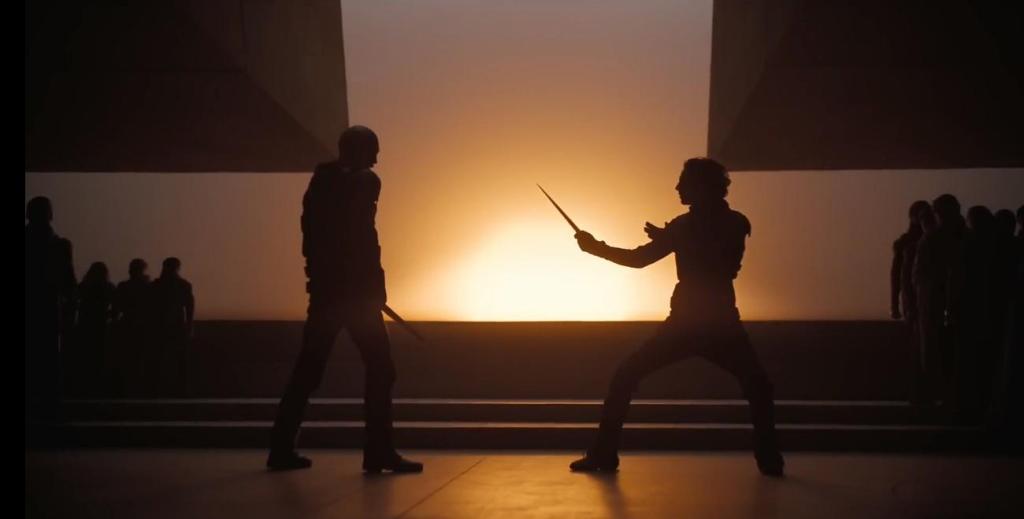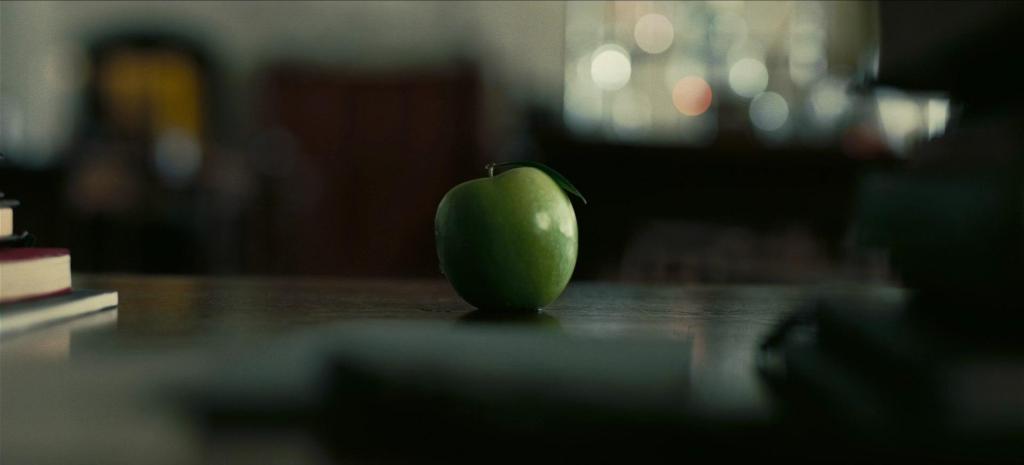The older you grow, the more you value your time. The time you spend leisurely, with others, or doing something to improve your life is the way I like to measure this value. I have lately viewed time as the most important intangible substance due to its finite existence. Once it’s gone, you can never get it back. All this to say I recently corrected a blind spot for myself in director Richard Linklater’s film catalog: The Before Trilogy. This three part series of films consists of Before Sunrise, Before Sunset, and Before Midnight, and tracks the love story between Jesse and Celine (played by Ethan Hawke and Julie Deply) throughout a 20 year period. I’m less interested in diving into each technical detail for this brief review and more interested in discussing the importance of placing value on your time, the difficulty of retaining significance on our memories, and how rich dialogue elevates character development.

Before Sunrise
After having seen this trilogy, this is an arguably rare exception of witnessing each film improve upon itself in some fashion. It’s experiencing Linklater, Hawke, and Deply improve upon themselves as creatives in real time.
Before Sunrise is the first in the trilogy and was released in 1994. Jesse and Celine’s story begins with a chance encounter on a train traveling to Vienna. What follows is a conversation-driven relationship over the course of the day where both of them walk around Vienna learning about each other and fall deeply in love with one another whilst knowing their time together is limited. Linklater allows many of these dialogue sequences play out in camera with very few cuts which adds to the authenticity of their beautiful chemistry.
This film sets the tone for how Linklater will conduct the subsequent entries with sharp conversations, long takes, and gorgeous scenery. The dialogue in particular highlights the influential components of how intimate talking with someone can be. Very rarely do you hear the characters cut each other off mid-sentence or dismiss a statement. There’s always a sensation that, when one character is monologuing about something personal, existential, or philosophical, the other is listening with intense passionate intrigue.
Jesse is American and Celine is French which adds another layer of Before Sunrise’s value on communication. There’s not much of a language barrier between them in the film but there is a conversation of cultural communication practices – especially when adding gender roles into the mix (something the series will go on to highlight even further). Ultimately, Before Sunrise makes a strong point of not just love, but how honest communication strengthens connections and how to choose your words carefully when dispensed with limited time.

Before Sunset
Author Dennis Lim describes the trilogy in his 2017 essay as “an ongoing collective experiment in embodying the passage of time.” This thesis fully hit me about 15 minutes into Before Sunset as we see Jesse and Celine reuniting in Paris roughly a decade later at a book convention. From there, they converse about the tribulations they’ve faced since their last encounter juxtaposed with the reality of now being in their thirties.
If Before Sunrise was about the free-spirited nature of your twenties, then Before Sunset is about the jaded longing of rediscovering your youth. This second entry strongly plays off the what-if factor in how it approaches memory distortion. To spare themselves the pain of such a factor, Jesse and Celine act as if certain details and results of their previous encounter did not occur as the other recalls. This deflection serves as a defense mechanism but as their chemistry reignites as if they never parted ways, their bond only grows more uncontrollable.
As a middle chapter, it can be difficult to bridge the gap between two interconnected films to ensure that the character development flows naturally. Co-writer of the first film Kim Krizan transitions herself to story developer for this entry while Deply and Hawke join Linklater in the writing room. The ubiquitous dialogue sequences are even more extended than the first with Deply and Hawke directly providing most of their own. This amount of control feels highly rare for any film as the authenticity only deepens through this approach.
The commitment to real-time filmmaking is even stronger here as the film only runs 80 minutes long and feels as if the characters only needed that amount of time to recall the importance of their companionship. Sunset provides a lovely sensation of what if you had a second chance with the one who got away culminating in what I would call the best ending of the trilogy.

Before Midnight
As I previously stated, there are drastic improvements with each entry in this trilogy and Before Midnight is the crown jewel. Taking place roughly a decade after Sunset, the finale of Jesse and Celine’s love story is as dramatic as it gets. I’m not going to go into any details outside the themes for this one as after the first 10 minutes, the plot comes in swinging in ways you may not expect.
The subject matter of memory is on full display here as Midnight provides an insightful discussion on living with regret and the natural evolution of relationships. Understanding how radically people can change over time – when comparing an individual to their former self – can be a tough pill to swallow. The differences a couple can have can be their greatest strength in the beginning but eventually come into conflict once such lifestyles no longer match. In other words, you can’t expect someone to be the same person they were a decade ago (hopefully for the better).
Before Midnight is not afraid to demonstrate these tough realities through its signature dialogue sequences now backdropped in Greece. Characters reflect on how quickly time can escape leaving only our memories to reflect upon. But over time, even such memories can begin to escape us. Potentially the best monologue of the trilogy is presented as the climax to a dinner sequence that highlights the importance of actively working to retain memories to avoid the fading of such. All of this leads to a bitter final act that doesn’t just feel earned, but deserved.
To reiterate, time and memory are at the wheel of everything The Before Trilogy seeks to explore. The importance of never taking experience or connection for granted is something we’re constantly learning. Time slips aways quicker than we give it credit for therefore it can be difficult to measure its value in the present. Don’t ever let yourself get trapped in the past but use it to better your future. Don’t be afraid to live in the present but don’t let yourself get trapped there either as it will only hinder your progress toward the future. Don’t live your life afraid to take a risk.




Leave a comment